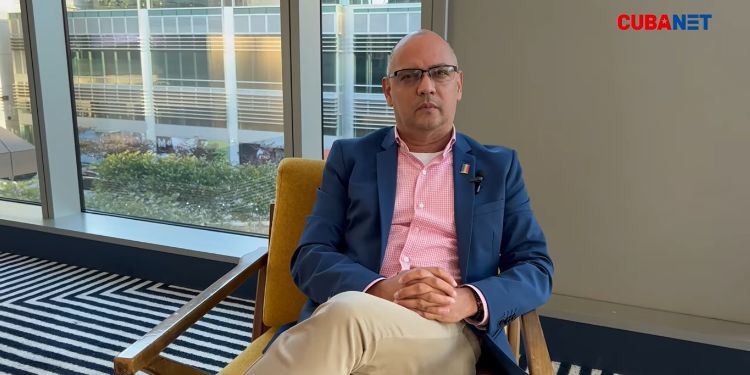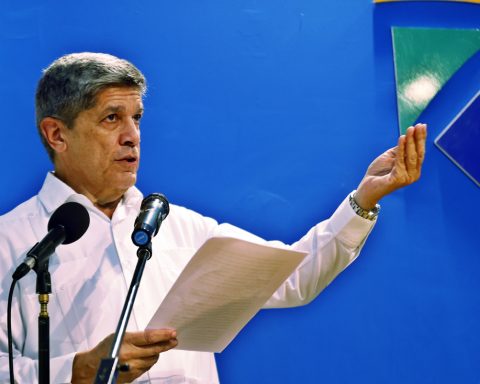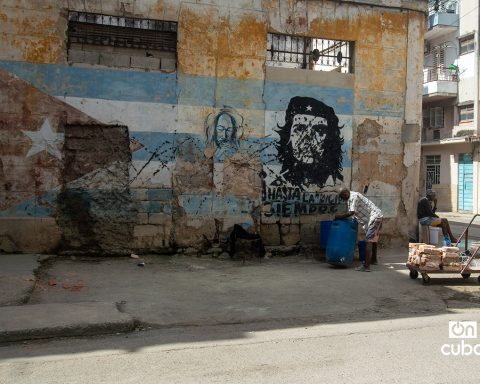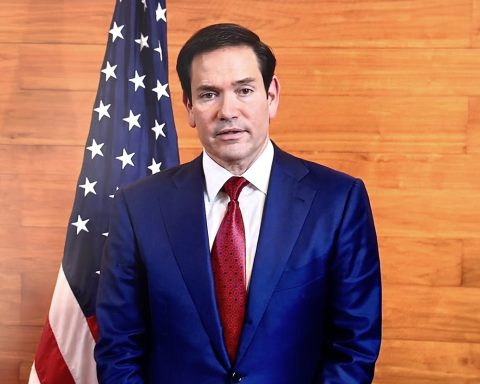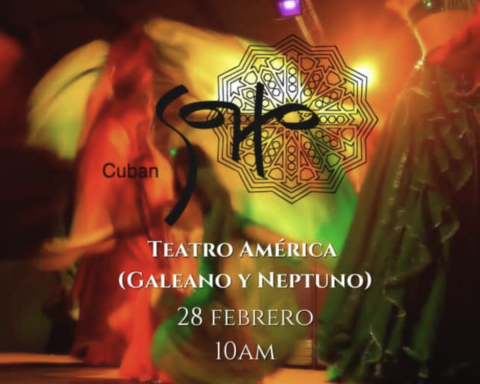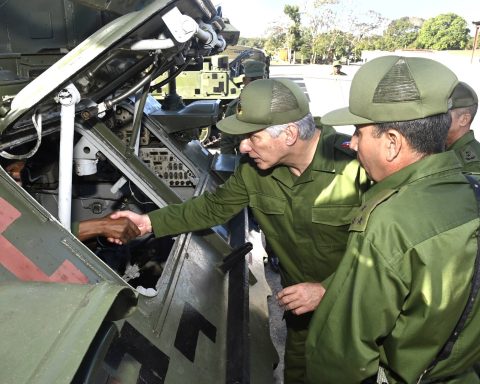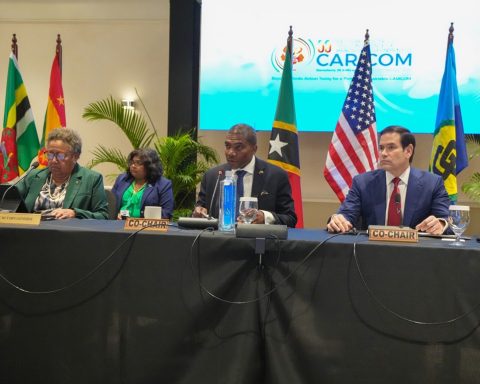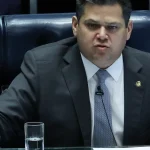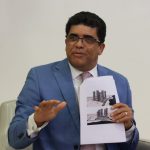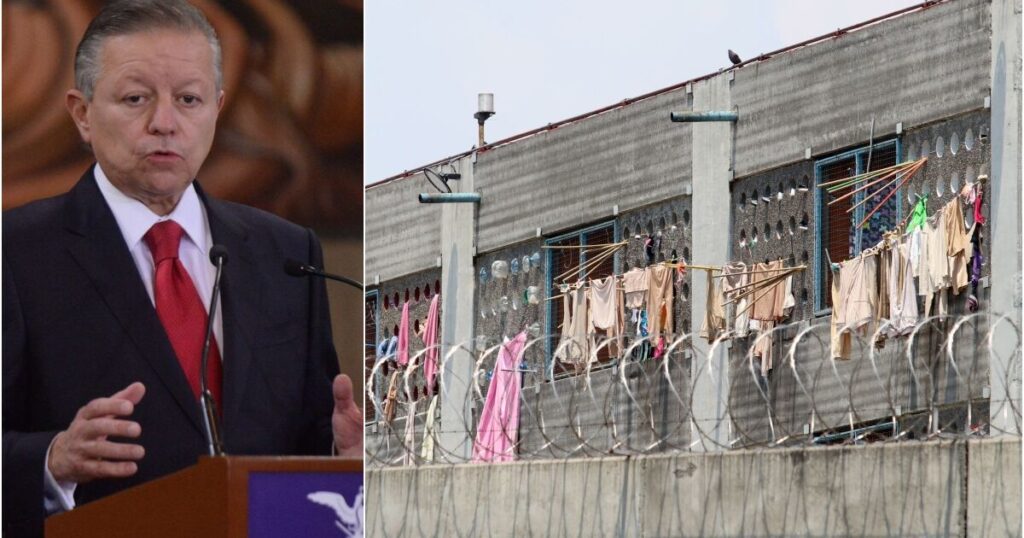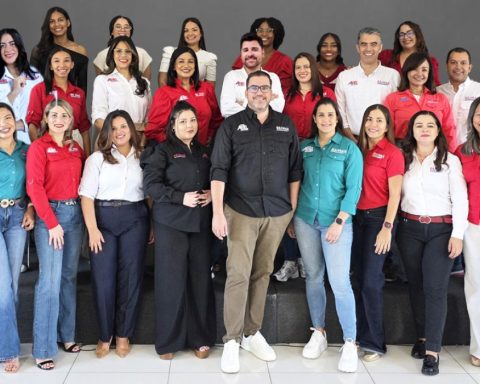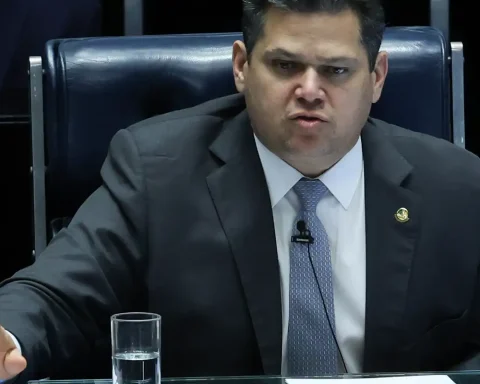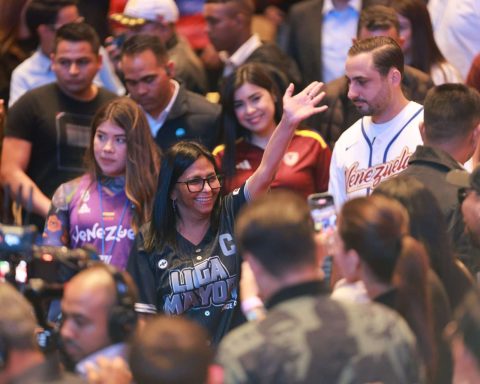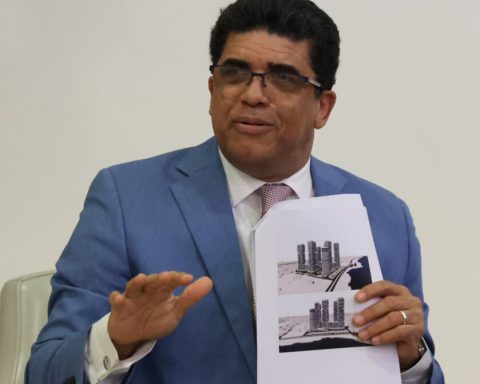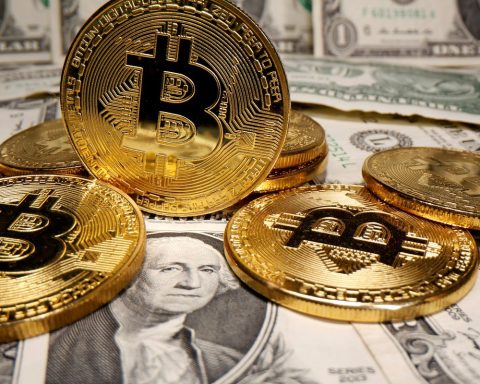MIAMI, United States. – Carlos Quesada, the executive director of the International Institute on Race, Equality and Human Rightshe assured in an interview granted to CubaNet that on the Island there is “a level of racism and racial discrimination that is quite worrying.”
For Quedada, there is “a very strong structural racism” not only in Cuba but in the rest of the world. “The difference between the level of racism in Cuba and other countries – she said – is that on the Island there is a denial of racism. The Cuban government has argued that the Revolution eliminated racism. There is even a famous speech by Fidel, from 1961, in which he says that racial discrimination has already been eliminated in Cuba,” recalls Quesada.
“Unfortunately, if you look at the Afro-Cuban populations on the island, you can see how this racial discrimination manifests itself, not only in access to education, work, housing, health, etc.”, he considered.
The director of Race and Equality also recalled that, shortly before the coronavirus pandemic began, the committee that monitors compliance with the International Convention against all forms of Discrimination reviewed Cuba and, “among its many recommendations, it included recognizing that there was racial discrimination.
“When you deny that there is racial discrimination then you do nothing to improve the situation. By accepting that racial discrimination exists, the Cuban government would have to start introducing policies to combat, prevent and punish that racial discrimination,” he said.
Cuba: LGBTI+ Community
With respect to the Cuban LGBTI+ community, Quesada considers the independent march of May 11, 2019 along Havana’s Paseo del Prado marked a watershed.
“Before that demonstration, the LGBTI+ issue in Cuba was dominated by CENESEX and Mariela Castro. After May 11, 2019, there was a greater visibility of the independent LGBTI+ civil society. And continues”.
On the other hand, the official discourse of the Cuban regime regarding the rights of sex-gender-diverse people continues to be one of respect, “but in practice,” Quesada points out, “the Cuban regime and the culture itself have prevented there from being recognized full and effective rights of the LGBTI+ community”.
Likewise, the director of Race and Equality believes that after May 11, 2019, CENESEX “lost a lot of prestige because the international LGBTI+ community realized [de la represión] and demanded a response from the Cuban State. And the answer was simply that [los manifestantes] they were counterrevolutionaries, the typical discourse. But thanks to the internet and social networks we know that this discourse does not even make sense.
The International Institute on Race, Equality and Human Rights is a non-governmental organization that works to strengthen the capacity of activists to use both the Universal System of Human Rights (of the United Nations) and the Inter-American System.
“The meaning of what we do is to strengthen capacities through training, strategic litigation and the use of international advocacy,” explains Quesada, whose organization has been working in Cuba since its very beginning.
“Basically we work with activists on the Island and outside the Island with the objective of using the Inter-American System for the protection of human rights and documenting violations of those rights, so that they can systematize and file complaints with the Inter-American Commission on Human Rights (IACHR). ) and United Nations System”.
Receive information from CubaNet on your cell phone through WhatsApp. Send us a message with the word “CUBA” on the phone +1 (786) 316-2072, You can also subscribe to our electronic newsletter by giving click here.
